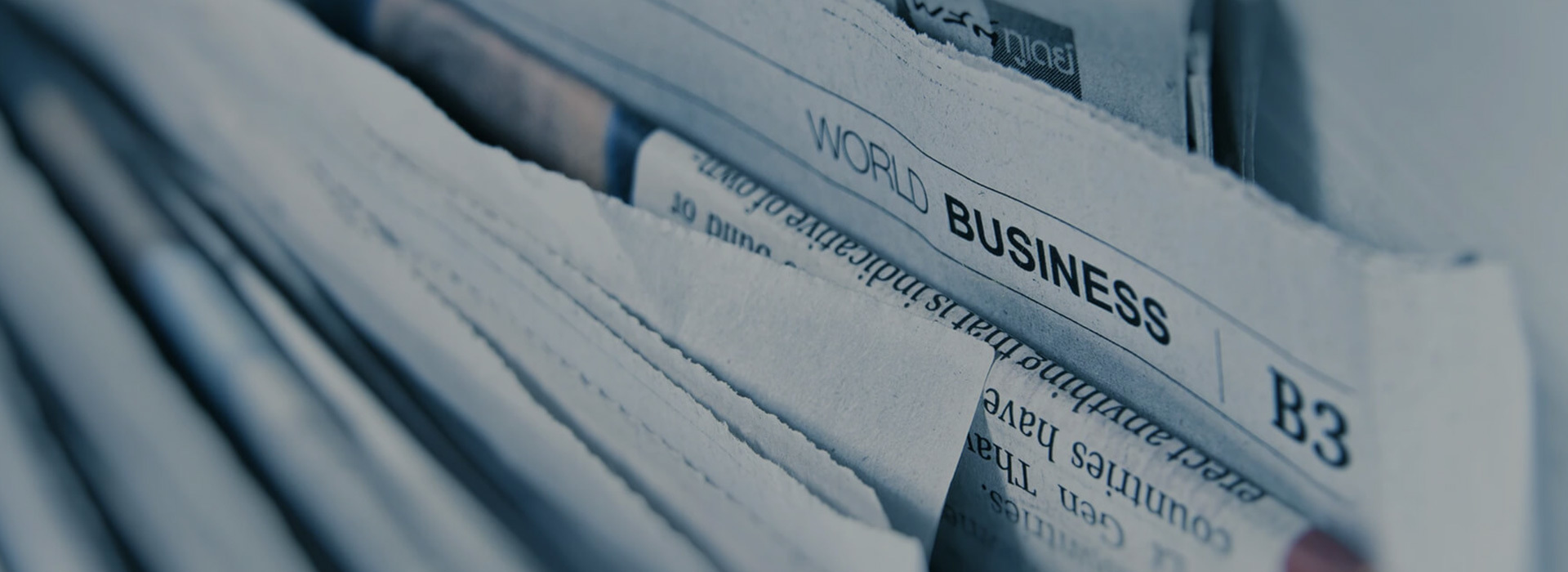A letter from a retired teacher to an instrument supplier
Release Date:
2025-05-16 14:41
[Introduction] This is a letter from Researcher Wu Guangheng, former member of the Academic Committee of the State Key Laboratory of Magnetism, Chinese Academy of Sciences, to instrument manufacturers. He states that during his past research career, instruments were indispensable, and instrument suppliers were also one of the indispensable cooperative groups. The article also includes some experiences he wants to share with instrument suppliers regarding instrument procurement, as well as some valuable suggestions for suppliers. Details are as follows:
I have retired. Throughout my past research career, instruments have been indispensable, and instrument suppliers have been an indispensable cooperative group.
I want to thank you for your support of my research work. Without your instruments and equipment, my research work would not have been possible.
Among you are renowned, long-established large companies, as well as newly started, striving small companies. There are foreign ones and domestic ones. It is destiny that we could get to know each other and cooperate happily. With our cooperation, I was able to achieve those research results. You are truly helpful to scientific research but are often overlooked in acknowledgments. I sincerely thank you again!
In the more than twenty years since I formed my research group, we added a new piece of equipment almost every year. If there was more money, we bought large items; if less, small items. If funds were truly insufficient, we found ways to save up and buy it the following year. These instruments and equipment are still in operation within the research group today.
On weekdays, people often come to inquire about instrument characteristics and purchasing experiences. Here, I would like to share some insights with all you suppliers.
Sales representatives should be familiar with their business. When researchers approach you, their primary concern is the equipment's performance parameters and technical details. I hope your sales representatives not only know the price but can also answer technical questions. Even if they can't answer everything, they should know most of it. If not, they should at least be able to accurately connect the client with a technical engineer.
Sales representatives should be familiar with their customers. A university professor who never dreamed of procuring equipment suddenly gets hit by a "pie" of research funding that the college leadership couldn't hold back, which is clearly different from a client who has been surveying for several years. The former might even be required to spend the money within two months, frantically turning to you. You might need to provide some popular science explanations about your equipment, introduce the principles in an easy-to-understand way, and even offer advice for their experimental design. For the latter, you probably need to first listen to their specific technical requirements and parameter limitations. Typically, such clients won't just come to you; they might have already "shopped around." So you need to fully articulate your product's advantages and features to ensure that after their thorough research, they still return to you.
I believe the most important point is honesty and trustworthiness. Do not overly exaggerate your product's performance. State what it can do, where its advantages lie, and do not conceal its flaws. No equipment is perfect; all have shortcomings. If you claim your equipment has no flaws, it will only arouse suspicion. Honesty is both professional integrity and the art of sales.
Emphasize service. Good after-sales service is the most effective word-of-mouth advertisement and long-term investment. When encountering early failures, do not dwell on the warranty period being expired. Once a certain amount of money is earned, service must keep up. This will ensure your customers are always satisfied with your product, become repeat customers, introduce new clients to you, and make your business grow. When a typical client wants to purchase an instrument, they will most likely first seek out your old clients to understand the situation. Therefore, do not "smile before sale, ignore after-sale" with your old clients.
China has taken off, and its purchasing power is like a black hole. Some businesses on the verge of bankruptcy have surprisingly been revitalized by the Chinese market, with some even earning substantial profits. This is mainly due to our country's significant investment in scientific research. Please do not overly attribute it to how remarkable your products are or boast about your strong business capabilities. Once you've made money, don't be ungracious; learn to be grateful. As an importer, you should do everything possible to improve instrument quality. Don't think that just because demand is high, you can sell old products without upgrading them. Many imported instruments now have very short warranty periods. This means you are either not responsible for the product or lack confidence in its quality. Warranty service can originally compensate for some instrument quality weaknesses, and a distributor's service can also serve as advertising for the manufacturer. However, some distributors inexplicably hope for customers' warranty periods to expire daily, so they can shirk product quality responsibility. They pocket the product profits but damage the manufacturer's reputation.
Some of your agents have adopted a scientific-trade model, establishing their own laboratories with quite strong technical capabilities. The user's evaluation of service quality has gradually shifted from the human capacity to the fullness of the local parts inventory, and the resolution of ultimate technical issues has also transitioned from sending personnel to having samples shipped. The era of making excuses and prevaricating with users is long gone. These are all good signs, representing the development direction of China's scientific instrument trade version 2.0.
For foreign businesses with whom cooperation has been less than pleasant, the problems we encountered were likely incidental, but your resolution of these issues was not professional. This indicates that you have both product problems and after-sales service problems. If you continue to do business with Chinese clients this way for the long term, the prospects will not be good. China's management is gradually deepening and improving. The more money distributed, the greater the responsibility of the disbursing agency. Most of the research funds are for scientific equipment. Generally, the larger the total amount of funding, the greater the proportion of equipment within it. I believe that the national agencies distributing funds will gradually give sufficient attention to issues arising in the procurement and use of scientific equipment. Instrument suppliers are essentially suppliers for national projects, and relevant agencies should reasonably scrutinize the reliability of suppliers.
Our funding agencies are not like us; they are not helpless against your prevarications, or even outright rogue behavior. They are national administrative departments; they are the leading authorities in scientific research. They can fully publicize equipment issues encountered by individuals within the domestic research community, warning your potential clients to bypass you. Or they can interview the poorer performing companies among you. They can also be more serious and issue lawyer's letters. For the most severe cases, they can suggest to the Ministry of Commerce and China Customs to restrict the import of certain problematic products. I hope none of you reach this point.
Do not underestimate the experience of individual researchers. In today's information age, issues with equipment or services can be told as stories by us retired researchers, who now have leisure time and rich experience, accumulating in朋友圈 (Friends' Circles) or WeChat groups. If that happens, the money you spend on advertising will essentially be wasted.
Also, do not think that your product is one of a kind. Everyone is eyeing the large market for scientific instruments in China. Stronger competitors, who might not have stepped in before, perhaps found the profits insufficient. Once profits become substantial and lucrative, instrument manufacturers from other countries will quickly catch up. Their technical level is not inferior to yours, perhaps even stronger. Trading companies that do not strive for progress will still find themselves pushed by competitors back into the awkward situation they faced when there was no market, despite a large market being available.
Ultimately, I still place my hopes on domestic scientific instrument enterprises. The equipment I have used, if made conscientiously, domestic products are not much worse than imported ones. Moreover, the lower price and convenient service of domestic products are advantages that imported equipment can hardly possess.
Regarding conventional equipment, it's only a matter of time before domestic products achieve comparable performance to imported ones. If the development of domestic scientific instrument enterprises encounters bottlenecks where core components are difficult to surpass, they can learn from manufacturers in developed countries and purchase them. This is because most foreign instrument manufacturers are small businesses; they don't produce every single component, and outsourcing core components is essential. Modern production is international. Even large corporations like Volkswagen have to buy parts from here and there to assemble a car. If foreign instrument manufacturers can outsource parts, why can't domestic ones? It's not a missile warhead or a submarine sonar; components for scientific instruments are mostly not on the prohibited sales list.
Recently, I am very pleased to see that some domestic instrument manufacturers are increasingly proactive, actively improving their technical level, expanding instrument varieties, and developing high-precision and cutting-edge products. Domestic instrument manufacturers are better positioned to learn from domestic researchers, absorb firsthand user experience, and develop more targeted and suitable equipment. Especially in recent years, the government has significantly increased investment in the independent research and development of scientific instruments, and a batch of products developed according to actual scientific research requirements has been completed. A group of researchers may turn to prefer instrument development. Domestic scientific instrument manufacturers will undoubtedly gain a larger share of the domestic market and further move towards the world.
Thanks again, everyone!
Recommended News












